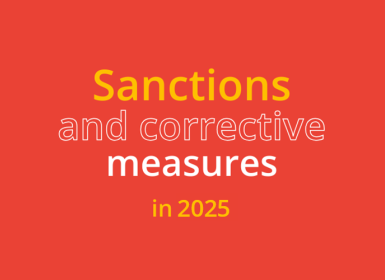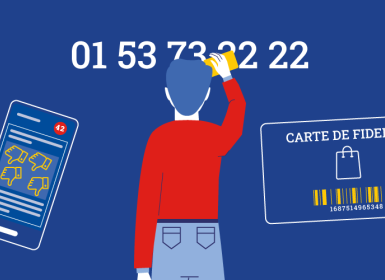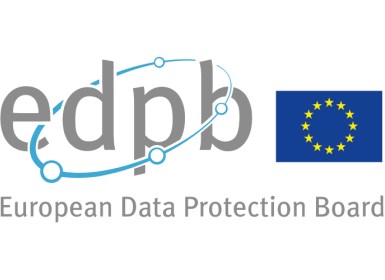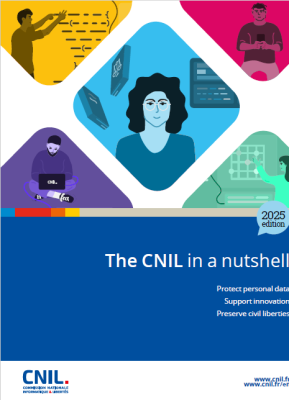The CNIL continues its work with young audiences by providing FantomApp for 10- to 15-year-olds. This mobile app is designed to help teenagers…

The CNIL publishes its latest AI recommendations, clarifying GDPR applicability to models, security requirements, and conditions for annotating…

Cookies, employee monitoring and data security were the main subjects of sanctions imposed by the CNIL in 2025, with fines totalling €486,839,500.

News

Published on 25/02/2026

Published on 17/02/2026

Published on 09/02/2026

Published on 02/02/2026





